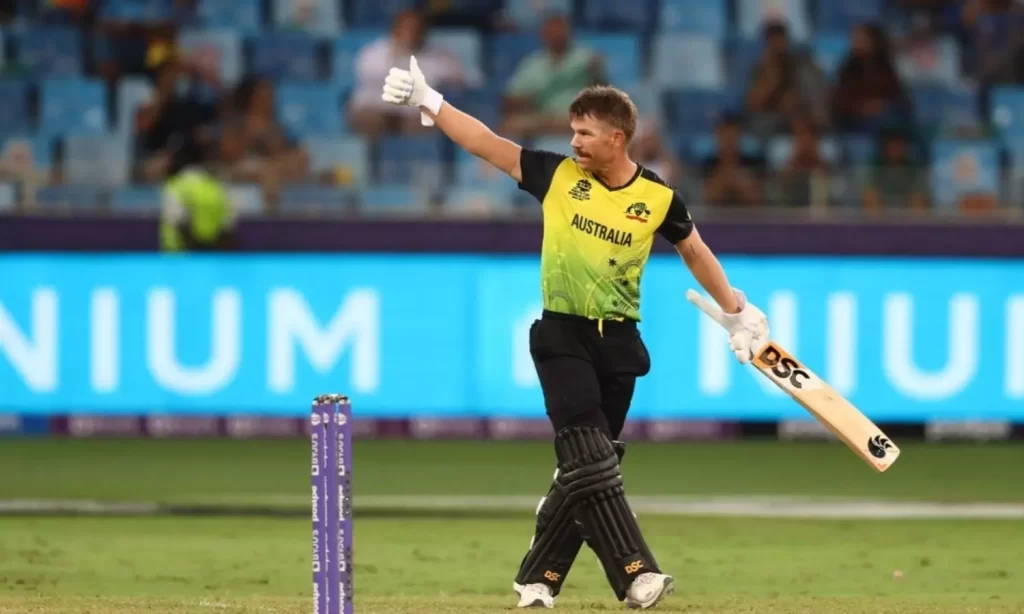Why Do The MLS And European Leagues Follow Different Calendars?


Why Do The MLS And European Leagues Follow Different Calendars?
While teams in the European leagues are the most active come January, MLS clubs remain inactive the whole winter.
The key difference between the two is the mismatched period of transfer windows. While the MLS is in mid-season, teams on the European continent enjoy the international break.
However, will things ever change? Or will the MLS calendar always co-side with the European season? Let’s analyze the facts.
What Months Are MLS Games Played?
The 2023 MLS season is set to kick off on February 25. The season will typically end with the championship match that will take place on August 19.
Things over in Europe are much different. Take the example of the Premier League in England for instance, the league started in mid-August last year and will conclude with the final match-day on 28th May 2023.
How Long Is An MLS Season?
Including playoffs, the 2023 MLS season will last about six months. But for teams that fail to qualify, the campaign will be just five months.
Why Does MLS Have A Different Calendar From European Clubs?
Beginning with the fact that the average snowfall in the UK is way less when compared to major MLS teams in cities such as Toronto, Vancouver, Montreal, Columbus, and Denver, thus explaining the winter break.
Compared to the extreme heat in the US, the MLS can be played in snowy winters. For example, the match between the U.S. national team and Honduras was marred by frostbite. Hence, in the US, playing soccer in the winter is seen as less of a devil than the summer heat.
Will MLS Ever Change Its Calendar?
All this concludes that the MLS is unlikely to interfere with its footballing calendar and its framework.
After initial reports of restructuring the league in 2014, Don Garber denied the possibility by saying:
“From a weather perspective, I think it is almost impossible with the number of teams that we have and the weather that we have in the United States and Canada to make the kind of change that would be a full alignment.”
The commissioner responded in a similar fashion in 2021 saying: “We continue to have to manage the largest geographic region for any league in the world, and the most weather changes and time changes of any league in the world. As such, the likelihood of us playing in a dramatically different calendar is far, far, far in the future and we would only do it if we saw the value for our fans and for our competition. Today, we don’t see that value.”
Also Read: LeBron’s trade and his frustration with the Lakers






















